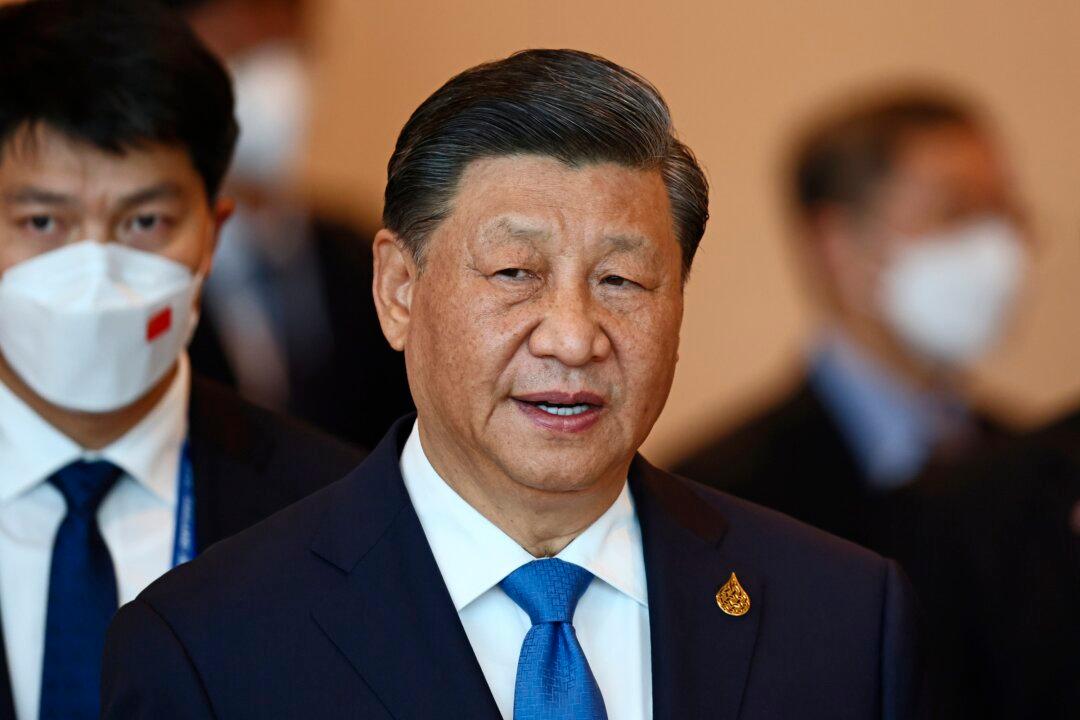An unredacted intelligence document unveils details of Beijing’s alleged attempts to interfere in Canada’s 2019 election. It alleges that covert funds ran through a network of community groups to Canadian federal candidates to further China’s interests.

Chinese leader Xi Jinping arrives to attend the APEC Economic Leaders Meeting during the Asia-Pacific Economic Cooperation, APEC summit in Bangkok on Nov. 19, 2022. Jack Taylor/Pool Photo via AP




